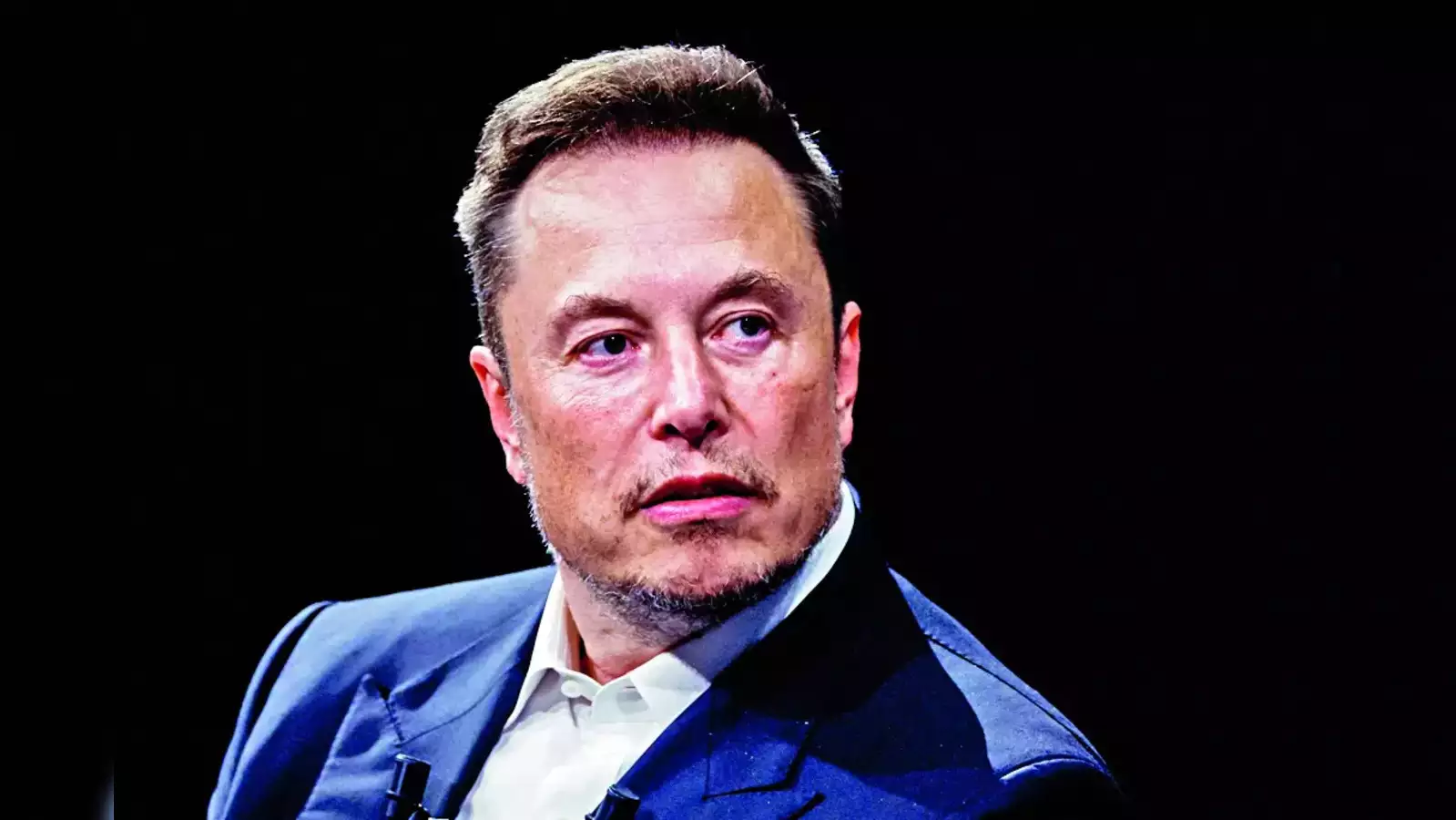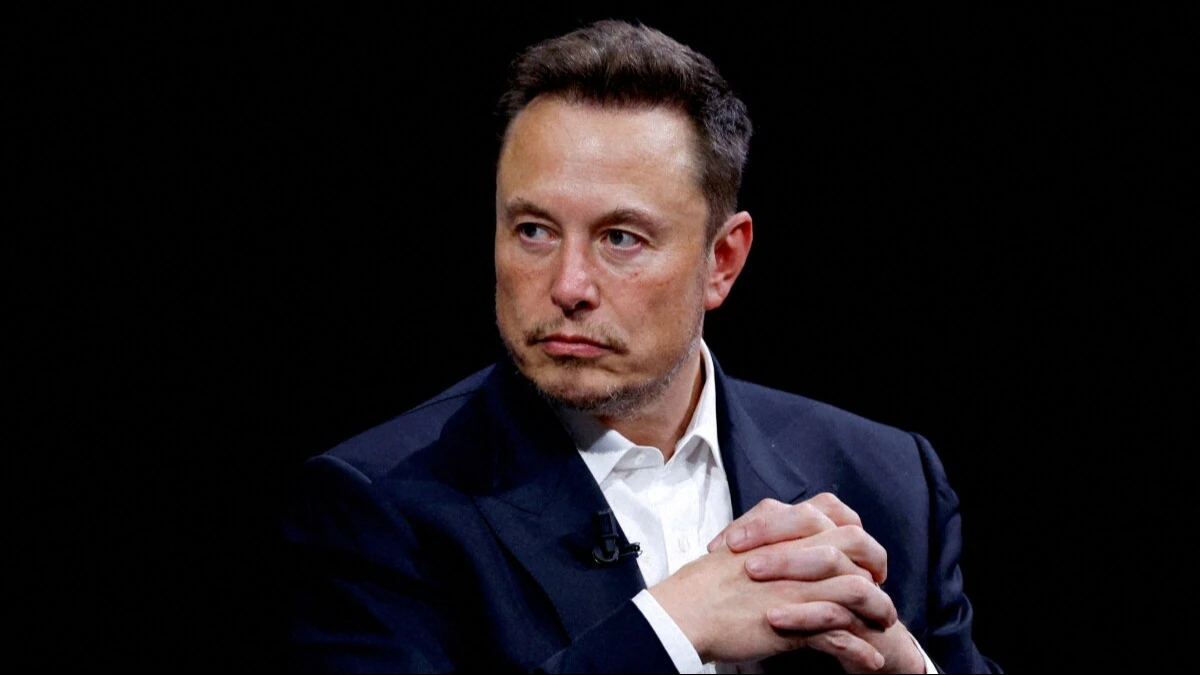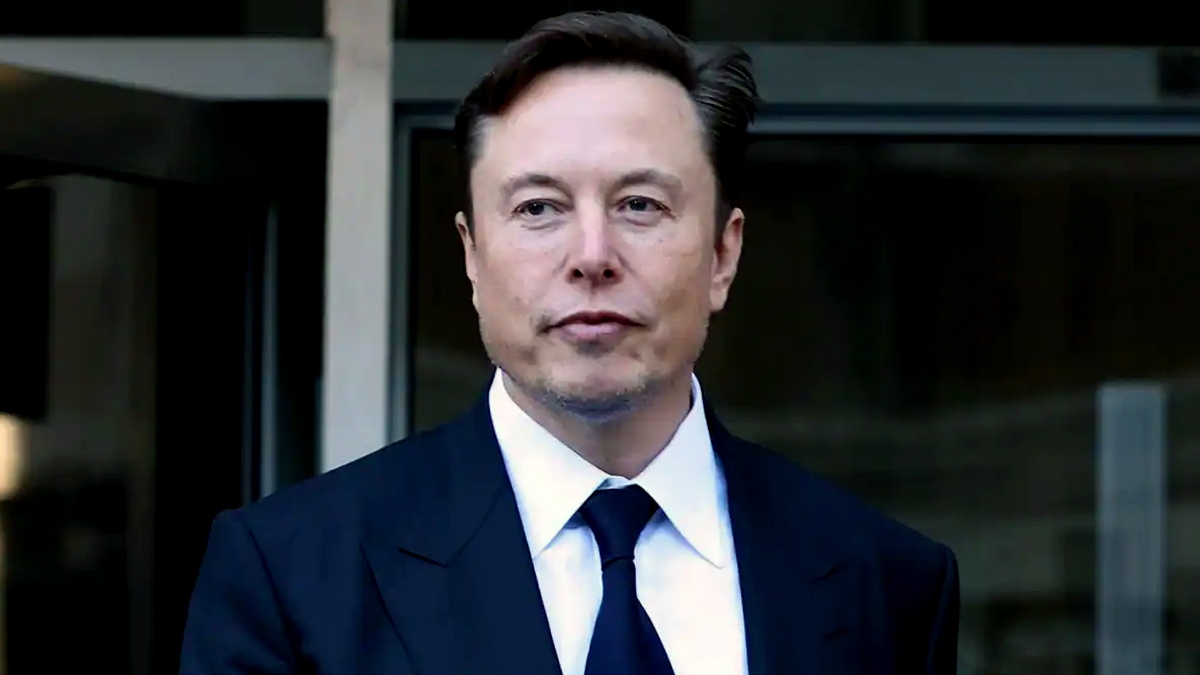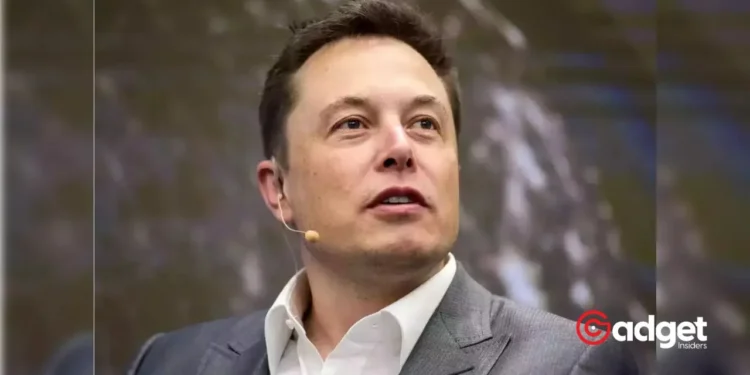In what’s rapidly escalating into a titanic clash between personal principles and national judiciary authority, Elon Musk finds himself in the eye of a legal storm in Brazil. This conflict has thrown into sharp relief the growing tensions between global tech giants and governmental oversight, particularly in matters of free speech and censorship. At the heart of the controversy is a court order from Justice Alexandre de Moraes, aimed at curtailing the influence of far-right accounts on the social platform X, previously known as Twitter.
Elon Musk’s defiance of this order has not only sparked a legal investigation but has also ignited a debate on the limits of judicial power and the role of social media in political discourse.

The Catalyst of Controversy
The drama unfolded when Justice Moraes, probing into former president Jair Bolsonaro’s attempts to cling to power post-2022 election defeat, mandated the blocking of several user accounts on X. The court’s directive, which also prohibited the disclosure of the affected accounts and levied a daily fine for non-compliance, was met with resistance by Elon Musk.
The tech billionaire, known for his no-holds-barred approach to governance and policy, publicly called for Moraes’ resignation or impeachment, thereby intensifying the standoff.
Musk’s audacious stance was revealed amidst the so-called “Twitter Files,” a series of disclosures made in partnership with journalists, offering a peek into the platform’s internal decisions and interactions with global courts.
This move, branded by US writer Michael Shellenberger as a revelation of “a sweeping crackdown on free speech,” put Elon Musk at loggerheads with Brazilian authorities.
Elon Musk is in hot water with Brazil
He's facing legal scrutiny in Brazil following a public dispute with Supreme Court Judge Alexandre de Moraes concerning an order for the social network X to remove certain accounts. pic.twitter.com/d3w94rqeAd
— D77 (@d77now) April 9, 2024
Elon Musk’s Unyielding Stand
Despite the potential financial and operational repercussions for X in Brazil, Elon Musk has remained steadfast.
His commitment to lifting all restrictions imposed by the court order was a bold declaration of prioritizing principles over profit. This defiance, according to Elon Musk, is a stand against what he perceives as aggressive censorship and a direct attack on the freedom of expression.

The fallout from this decision is profound, with Elon Musk predicting a complete cessation of X’s operations in Brazil. Yet, the billionaire’s resolve underscores a deeper conviction about the importance of upholding user rights and challenging judicial overreach.
The Political Echo
The reaction from the Brazilian government has been swift and severe. Officials from President Luiz Inácio Lula da Silva’s administration have rallied against Elon Musk, underscoring the need for stringent regulation of social media platforms.
Statements from senior members, including the federal solicitor general and the communications minister, have emphasized the sanctity of social peace and the impermissibility of external influences undermining national sovereignty.
This legal imbroglio has not just been a standoff between Elon Musk and the Brazilian judiciary but has also spotlighted the broader implications for digital governance, the protection of free speech, and the accountability of tech moguls wielding unprecedented power over public discourse.

An Ongoing Battle for Digital Sovereignty
As the situation continues to evolve, it’s clear that the dispute between Elon Musk and the Brazilian authorities is more than a mere legal squabble; it’s a landmark moment in the ongoing debate over digital sovereignty, censorship, and the role of social media in shaping political landscapes.
With both sides entrenched in their positions, the outcome of this conflict could set a precedent for how nations navigate the complex terrain of internet governance and the limits of judicial intervention in digital spaces.
What remains to be seen is how this confrontation will affect the future operations of social media giants in Brazil and beyond, and whether it will prompt a reevaluation of the balance between safeguarding freedom of expression and protecting the public from harmful digital content.
As this story continues to unfold, the world watches closely, recognizing its potential to redefine the boundaries of power, governance, and resistance in the digital age.










